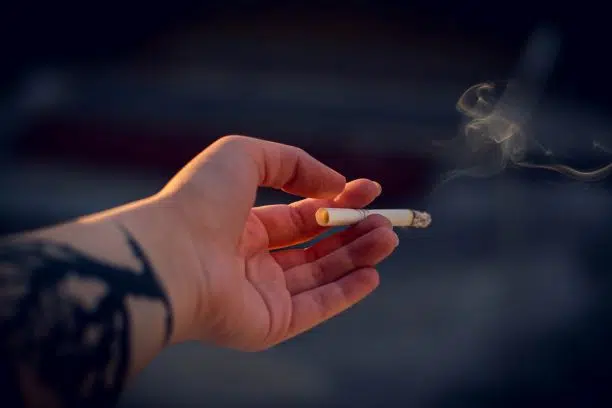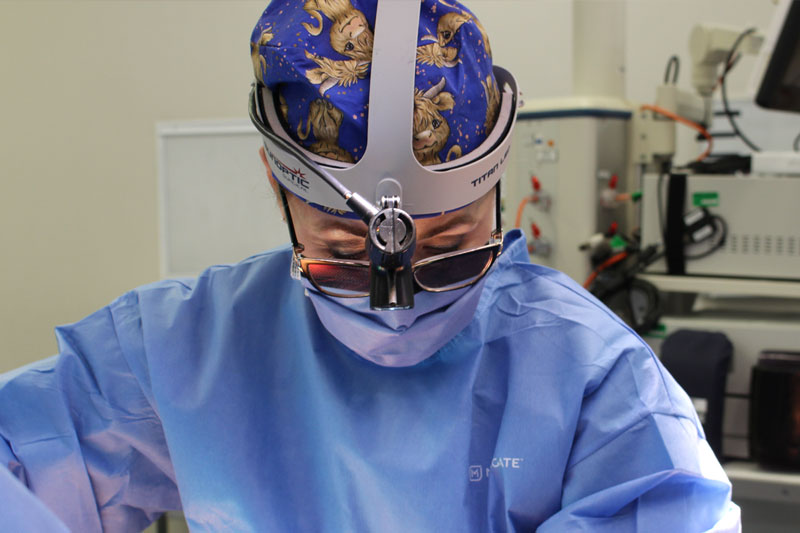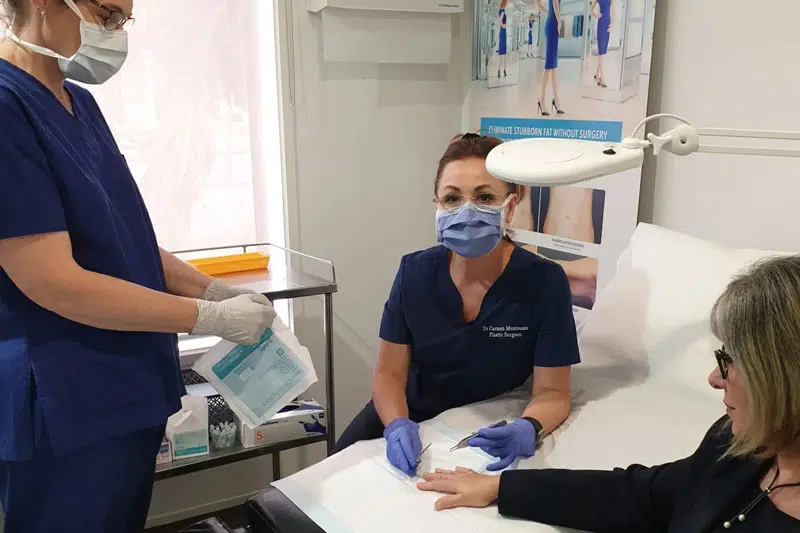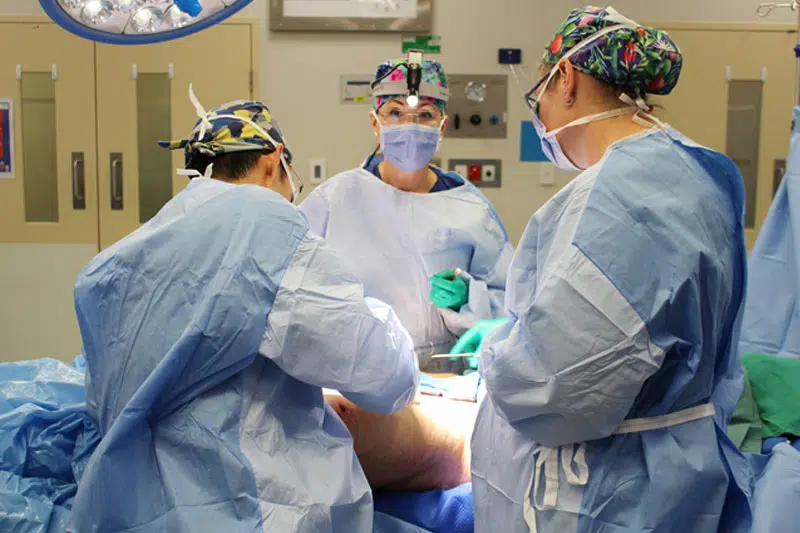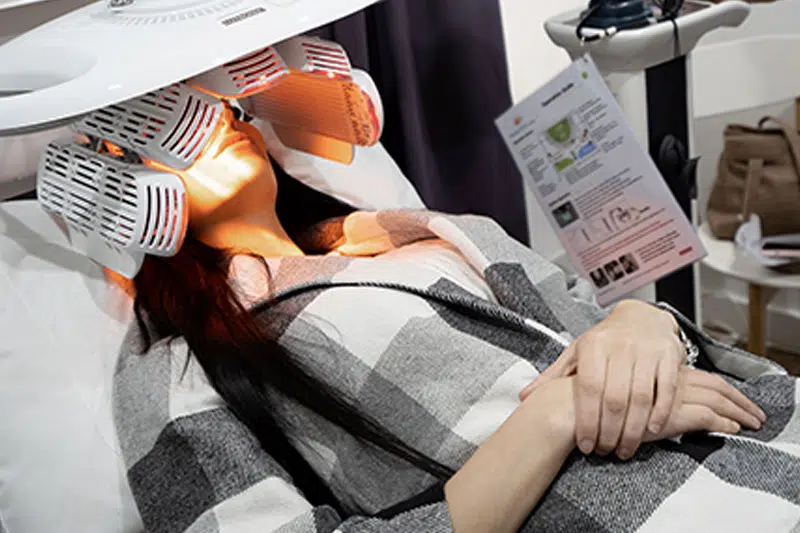Smoking or Vaping nicotine before or after Plastic Surgery is a bad idea. Smoking restricts blood flow and impacts healing and has other widespread effects when you are recovering from surgery.
Dr Carmen, like ALL Surgeons will require you to Stop smoking and Vaping for many weeks before and after surgery to minimise risks and get optimal surgical results. You may also consider taking the opportunity to quit altogether.
WHY STOP SMOKING & VAPING NICOTINE?
Smoking affects Healing
The negative effects of smoking on wound healing are of particular concern. Multiple studies over the last few decades have confirmed that smokers suffer from impaired wound healing, which can be particularly concerning for smokers who plan to undergo cosmetic surgery.
Smoking affects your Scars
Smoking can also deplete your body’s reservoir of Vitamin C. Being deficient in Vitamin C can impair collagen synthesis, which can result in disfiguring scar formation after your surgery.
The Harmful Effects of Smoke and Smoking
Tobacco smoke contains various chemicals, including nicotine, hydrogen cyanide, lead, arsenic and so on that are harmful to the human body, and can eventually result in life-threatening complications.
Take our Plastic Surgery Quiz to find out if you’d be a good candidate and if you are ready for cosmetic surgery.
How to Stop Smoking & Vaping Nicotine
Giving up smoking & vaping is not an easy task – nicotine is highly addictive. Here are some options that could help you quit smoking and vaping.
Non-Nicotine Therapy
- This alternative to smoking includes the drug, Bupropion which was initially developed as an antidepressant but has recently been used to help smokers quit smoking. Although the use of Bupropion for this purpose is still being studied and reviewed, this smoking alternative has become quite popular and is widely used.
Psychological treatment
- Hypnosis, behavioural therapy, and psychotherapy are also used to control and moderate smoking habits. The success of this modality, however, depends on the patient specifically and the results may vary from patient to patient.
Counselling and self-help programs
- The main aim of these programs is to help smokers quit smoking by exploring several different lifestyle choices and understanding the negative effects of smoking itself.
Nicotine Replacement Therapy
- Nicotine Replacement Therapy has become a new method of getting rid of tobacco smoking. It helps to reduce withdrawal symptoms such as anxiety, irritability, decreased concentration power, increased hunger, and restlessness. There are varieties of replacement methods. Some of them include chewing gums, nasal sprays, and nicotine patches, also known as transdermal patches. This patch has become the most commonly used technique followed by the use of nicotine chewing gums. Discuss the specific nicotine replacement modality and its specific doses with your surgeon to achieve the best results.
For more help contact the Government’s QUIT line
How Smoking, Nicotine & Vaping affects your surgery
Research has shown that smokers are at an increased risk of developing perioperative and post-operative complications. In fact, most people cannot be considered an ideal candidate for cosmetic surgery unless they completely quit smoking (at least for some time before and after surgery). Most surgeons will insist their patients stop smoking before performing any surgery on them.
Smoking during the post-operative period can result in impaired wound healing due to poor oxygen supply and utilization. Moreover, collagen deposits are also disrupted, further impacting the wound-healing process. This can result in wider and more prominent scars or a complete wound breakdown.
Some of the other potential side effects of smoking during surgery, especially in the postoperative period, are mentioned below:
- Increased risk of Infections
- Fat cell necrosis (death of cells)
- Loss of skin, nipples, or tummy skin after breast lift, facelift, breast reduction, tummy tuck – abdominoplasty surgery.
- Life-threatening complications like thrombosis or PE (pulmonary embolism), can lead to stroke and other infarctions.
- Increased pain and suffering
- Implant rejection which may require re-operation.
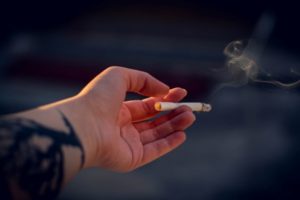
Consequences of Smoking When Having Cosmetic or Plastic Surgery
Tissue hypoxia and skin necrosis
In 1966, research conducted and published by Dondero et al showed that smoking decreased cutaneous blood flow.
A study was performed in 1991, by Goldmine and Bennett where they used a Doppler flow meter to measure the microcirculation of skin surface. Results of the study showed that smoking caused vasoconstriction of the blood vessels, hence, decreasing blood flow.
The eventual decrease in blood flow causes the oxygen levels to drop and results in tissue hypoxia. Nicotine disrupts the balance between prostacyclin and thromboxane A2, a vasodilator and vasoconstrictor respectively. Overall high action of thromboxane A2 leads to tissue hypoxia.
Thrombosis and its complications
Tissue hypoxia leads to increased haemoglobin production which results in increased viscosity of the blood. Ultimately, this can lead to potential thrombogenesis. This thrombus can then be introduced to the bloodstream and lodge in different blood vessels in different organ systems and can lead to the infarction, or infarction-like condition, of the associated organs such as stroke, cardiac arrest, and so on.
Wider and more prominent scars
Smoking impairs the normal function of myofibroblasts and fibroblasts; cells that are required for normal wound healing.
A study performed by Wong and his team showed that cigarette smoking hindered the normal migration of fibroblasts. He observed that fibroblasts initially failed to migrate to the wound site and those that had migrated, remained in the wound site promoting excess scar formation.
Furthermore, excessive nicotine use can block TGF-B1, hence, transforming growth factors that induce separation of myofibroblasts. This results in a decrease in the contractile function of normal healthy skin.
Cosmetic & Plastic Surgery and the Consequences of Smoking
Smoking negatively impacys the healing of all surgical procedures; cosmetic and medical. In cosmetic surgery, smoking severely impairs the healing process of surgeries that are performed for undermining of skin flaps. The removal of excess tissue and the healing of the remaining tissue is determined by the proper blood supply.
Since smoking reduces dermal blood flow, healing will be significantly impaired, leaving behind scars that make the cosmetic surgery procedure redundant. It can also cause deep wound breakdown and the death of tissues (necrosis).
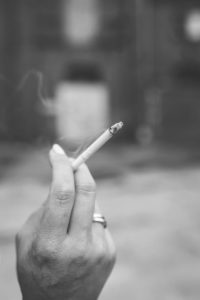
FAQs about Smoking & Cosmetic Surgery
Research on Smoking & Surgery
Research has been conducted with the main purpose of understanding the several consequences of smoking on the surgical and post-surgical, healing processes.
Rees Research
- In this study, the researchers found that smokers were 12.5 times more prone to suffer from skin necrosis after facelift surgery than non-smokers. More than 70 percent of skin sloughs were found to be related to smoking cigarettes.
There is scientific evidence explaining how smoking can affect the results of your cosmetic surgery. However, these consequences can be avoided by the cessation of smoking.
A joint new study conducted by WHO (World Health Organization), WFSA (Australia and the World Federation of Societies of Anesthesiologists), Newcastle University has shown that smokers who quit approximately 4 weeks or more before surgery have a decreased risk of developing complications.

